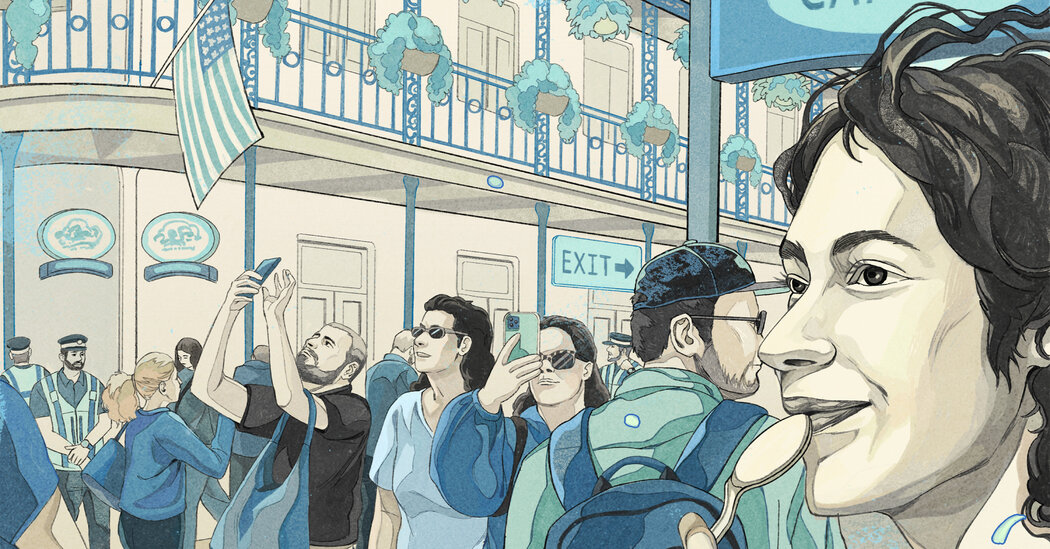Travelers with plans to attend crowded events like parades, concerts and sporting events have good reason to feel anxious. In recent months, deadly attacks have caused chaos at New Year’s celebrations in New Orleans and a Christmas market in Magdeburg, Germany, and the threat of terrorism has canceled other big events around the world.
But the message from security and terrorism experts is simple: Don’t let fear win.
“Terrorists want maximum publicity, maximum coverage. They want people to feel like they’re ubiquitous. That it can happen to you anytime, anywhere, and to instill fear in people and to get them to change their lives,” said Colin P. Clarke, the director of research at the Soufan Group, an intelligence and security consulting firm. But even if this all sounds very scary, “You have to live your life,” he said.
Police departments and other agencies use layers of security — visible as well as behind the scenes — to protect crowds. The New York Police Department, for example, begins preparing and gathering intelligence well before a big public gathering. Then it deploys a mix of plainclothes and uniformed officers to provide protection during, and immediately after, the event, said Deputy Chief James Kehoe, commanding officer of the department’s counterterrorism division. To beef up security around event perimeters, the police sometimes place concrete blocks or park sanitation trucks to prevent vehicles from entering crowded pedestrian areas.
No security measure can offer absolute protection against all threats, of course, but experts say there are some things you can do to keep yourself, your family and your friends safer in a crowd.
Know your surroundings
Before you head into a crowded area, use your phone’s mapping app to get the lay of the land, noting traffic flow, possible exits, places you could take shelter, and the location of police and emergency services.
Then put your phone away and pay attention, or as Deputy Commissioner Rebecca Weiner of the New York Police Department’s counterterrorism bureau, put it: “Get your face out of your phone and look around you.”
Stay especially alert to the people around you, she said. They can help you notice any immediate dangers more quickly.
Make, and share, an emergency plan
Before you head out, plan what to do in case something goes wrong, said Steve Allen, the founder of Crowd Safety, a British safety consulting firm that has advised major event organizers worldwide.
Choose a…
Click Here to Read the Full Original Article at NYT > Travel…
